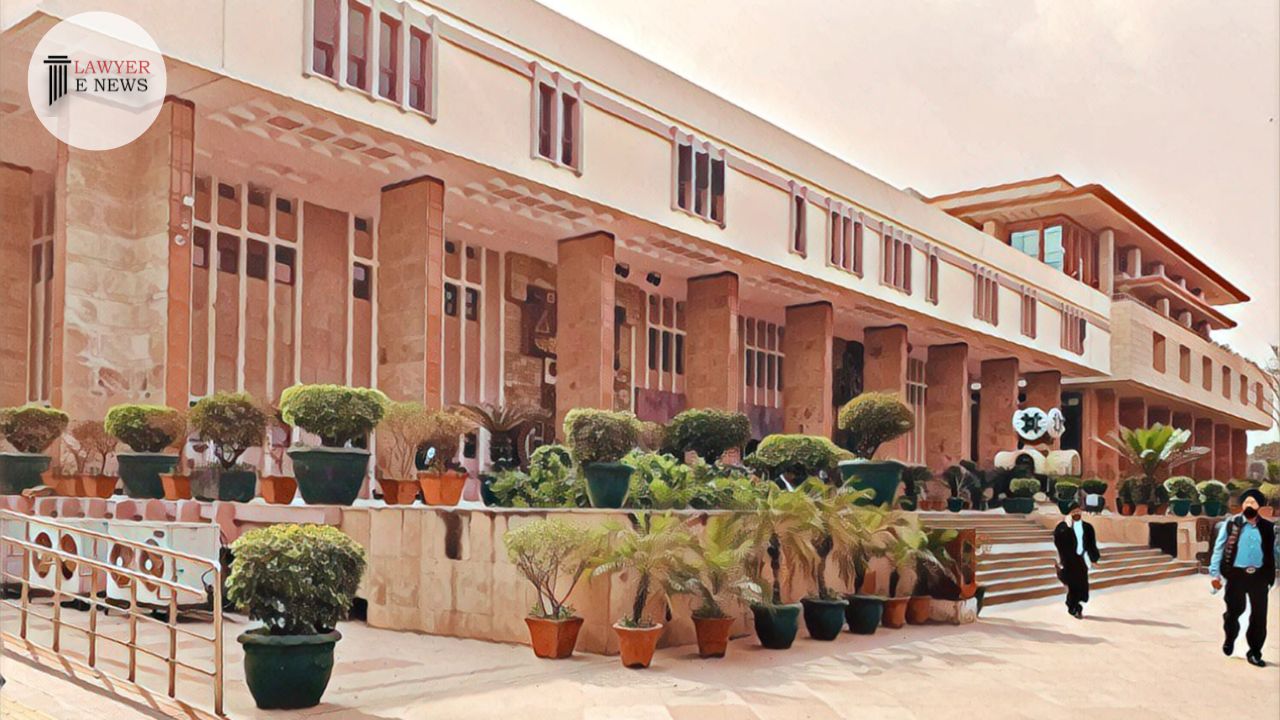-
by Admin
15 February 2026 5:35 AM



The High Court of Delhi, presided over by Justice Navin Chawla, upheld the acquittal of Amit Bansal, who had been accused by Tata Power Delhi Distribution Limited of electricity theft. The court dismissed the criminal leave petition filed by Tata Power challenging the trial court’s decision, emphasizing significant flaws in the forensic evidence presented by the prosecution.
The petitioner company had accused the respondent of tampering with an electricity meter, leading to an abnormal reduction in recorded electricity consumption. The case primarily revolved around the forensic analysis of a burnt electric meter, which Tata Power alleged was deliberately damaged. However, the trial court acquitted the respondent, citing unreliable forensic methods and lack of scientific basis in the expert testimony.
On inspection of the respondent's premises on July 9, 2018, a burnt meter was found, and subsequent forensic analysis by M/s Truth Lab suggested the meter was burnt due to exposure to external heat sources, rather than an electrical short circuit. This report became the crux of the legal battle, with Tata Power arguing that this pointed towards deliberate tampering by the respondent.
Justice Chawla meticulously evaluated the expert testimony from M/s Truth Lab. He highlighted that the expert, who testified about the cause of the meter’s damage, admitted during cross-examination to lacking expertise in electrical engineering. Her testimony revealed that her conclusions were based on presumptions without scientific validation.
Expert Testimony Unreliable: The court observed that the expert’s lack of relevant expertise rendered her opinion inadmissible under Section 45 of the Indian Evidence Act, which requires that an expert witness be “specially skilled” in the relevant field.
Dishonest Intent Not Proven: Justice Chawla pointed out the necessity for the prosecution to establish 'dishonest intent' under the Electricity Act, which was not satisfactorily proven. The supposed evidence of reduced electricity usage did not conclusively prove tampering or theft.
Burden of Proof Not Met: The judgment also discussed the legal burden of proof, noting that the prosecution failed to establish guilt beyond a reasonable doubt. The court reaffirmed that suspicions or presumptions are not sufficient for conviction.
Decision: The High Court found no perversity in the trial court's judgment, affirming that the factual findings were neither improbable nor implausible. Therefore, the leave to appeal against the acquittal was dismissed, leaving the trial court's acquittal of Mr. Amit Bansal undisturbed.
Date of Decision: April 16, 2024
Tata Power Delhi Distribution Limited v. Amit Bansal,
